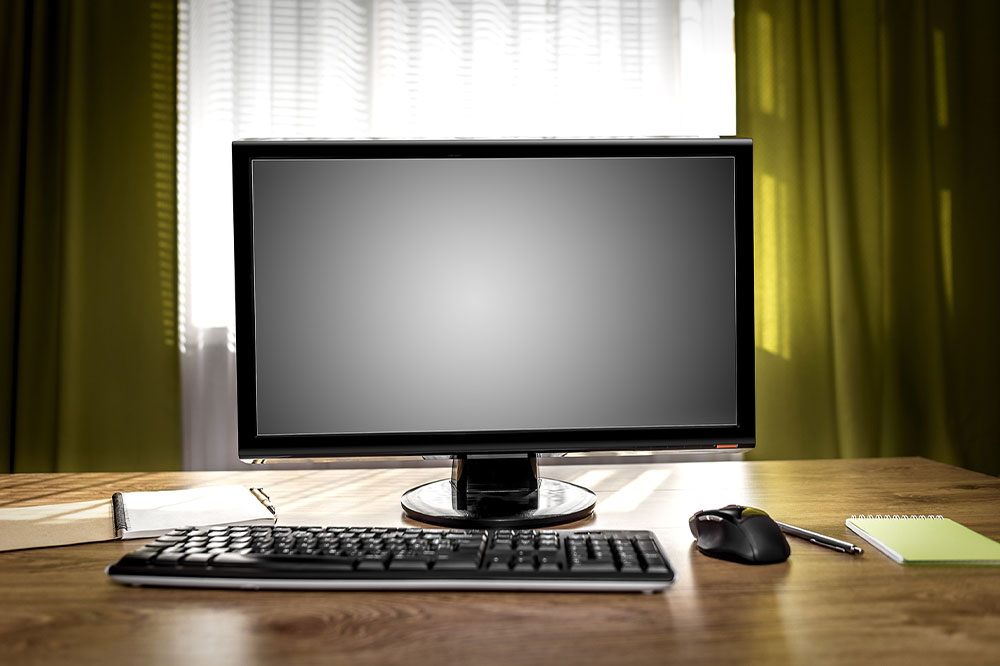7 common mistakes to avoid when getting a new computer

Buying a new computer can be an expensive affair that requires careful consideration. From the processor and operating system to its graphics, storage, and memory, there are many details to examine before making the right choice. With the shopping season approaching, brands will offer exciting deals on computer systems, making it the perfect time to get the one you want. So, here are seven common mistakes to avoid when buying a new computer:
Overlooking your requirements
Shoppers tend to go for the highest range of laptops with all the latest features, such as gaming laptops. But there’s no need to invest money into these features if you are not going to use them. Instead, make a list of features that are important to you on a day-to-day basis, and use this list as a guide for your purchase.
Missing out on software programs
When buying a laptop or computer, be aware of what is included in the purchase. Many buyers get access to software on a trial basis, and so you have to pay for the program when this trial period ends. Look for deals where you can get software programs included in your purchase to save hundreds of dollars.
Buying the cheapest device
For many, it can be tough to spend hundreds of dollars on a computer, so they end up buying the most inexpensive device. If you hardly use your computer, or only need it for basic tasks, going for a cheaper option can work. However, if you want to use your device for gaming, editing, or other specialized tasks, it is advisable to buy a computer with features that fit your needs. Additionally, paying more for a durable and reliable product will also ensure that your computer has a longer life, so you do not need to spend on its repair or replacement in a couple of years. Further, opting for high-quality models means getting a faster, more efficient, and less frustrating computer.
Not getting the right antivirus software
Many antivirus programs can slow down your computer. Make sure you have a good understanding of how a program affects your computer, and invest in quality software like Norton AntiVirus Protection Software for optimal efficiency. At the same time, ensure that you follow basic cybersecurity practices like browsing well-known websites, scanning attachments before downloading them, and backing up your data in a safe place.
Ignoring ports and compatibility
Not all laptops have ports that you may need every day. Many devices are sold only with Thunderbolt–3 and USB-C ports. If you need a USB-A port or SD card reader, check for these features before purchasing a system. Alternatively, you can also buy adapters for these separately.
Focusing too much on storage space
Don’t worry too much about storage space on your device. Instead of a Hard Disk Drive (HDD, a data storage device that lives in your device), opt for a Solid State Drive (SDD), as they are much faster than spinning hard drives and can make a huge difference to your system’s boot time. A laptop with less, faster storage will help ensure your system does not lag too much. If you need extra storage, opt for an external hard drive or cloud storage.
Overlooking the size of the device
Think about how and where you use your laptop the most. Opting for a sleek 13-inch device is a better choice if you are looking for portability. However, if you do not need to travel with your system at all, picking a 15.6-inch model will offer more comfort because of a bigger keyboard, trackpad, and screen.
Before making a choice, check out reviews and do some research to get your money’s worth. The definition of the perfect computer would differ for everyone, so pick the one that appeals to you across all aspects like affordability, appearance, needs, and preferences.














